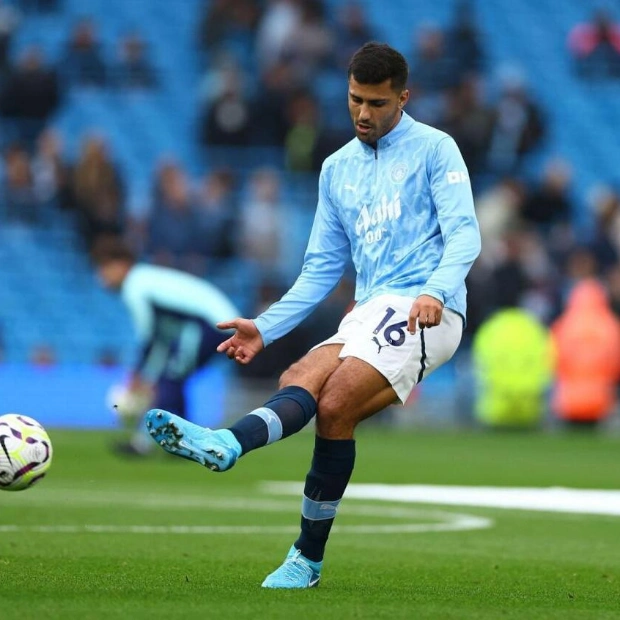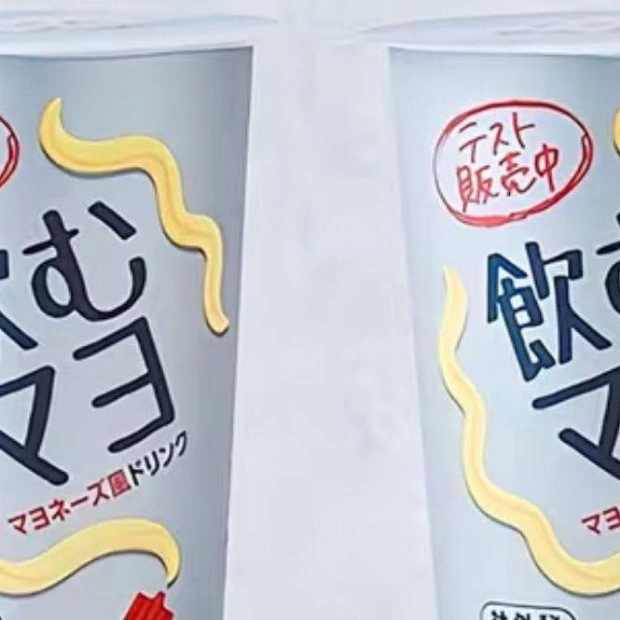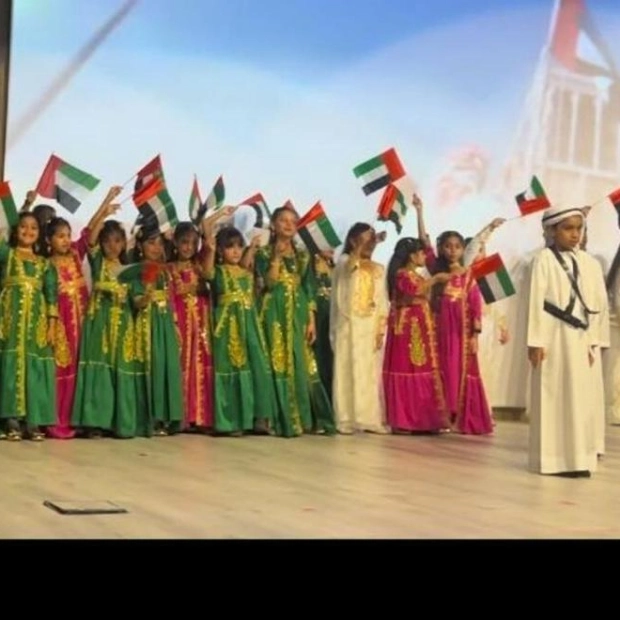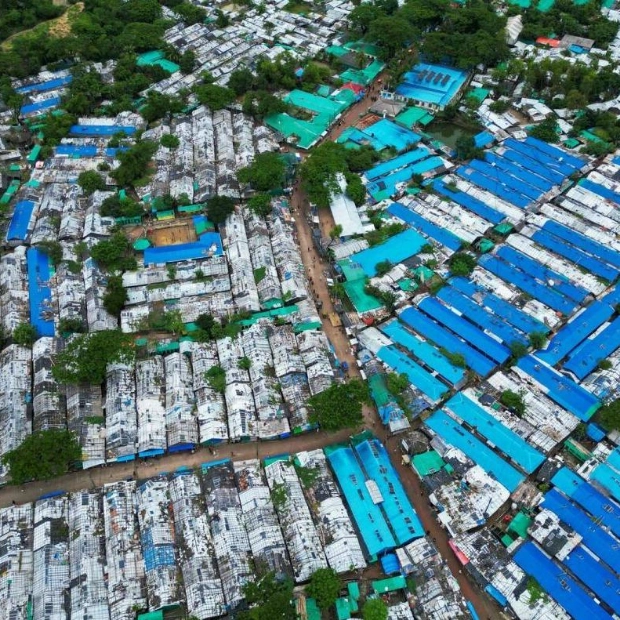"By refining our gold, we can sell it at a suitable price, preserving its economic worth within our country and generating many employment opportunities for young people," he stated. Ghana exports its gold from licensed producers in raw form, while a significant portion from unregulated artisanal miners, known locally as galamsey, is illegally transported out of the country. The refinery is expected to directly employ 80-120 individuals and indirectly create 500 jobs, according to Bawumia, who is a presidential candidate in the upcoming December elections. Last year, Ghana maintained its position as Africa's leading gold producer, with output from small-scale and artisanal miners rising to 4.03 million ounces. As the world's second-largest cocoa producer, this West African country is poised to surpass its 2024 gold production target, with estimates ranging between 4.3 million and 4.5 million ounces. In 2021, the Bank of Ghana initiated a gold acquisition program to bolster reserves through domestic purchases and stabilize the cedi currency. Bank of Ghana Governor Ernest Addison revealed that purchases amounted to 65.4 tons, equivalent to $5 billion, and expressed eagerness for the refinery to swiftly obtain London Bullion Market Association (LBMA) certification. Addison noted that LBMA accreditation for the refinery would assist the bank in "diversifying and organically expanding its foreign exchange reserves and increasing gold holdings to lessen reliance on external loans." Godwin Armah, the general secretary of the small-scale gold miners association, emphasized the need for the refinery to be "transparent" in pricing and the quantities of gold received from members to build trust and gain their support.
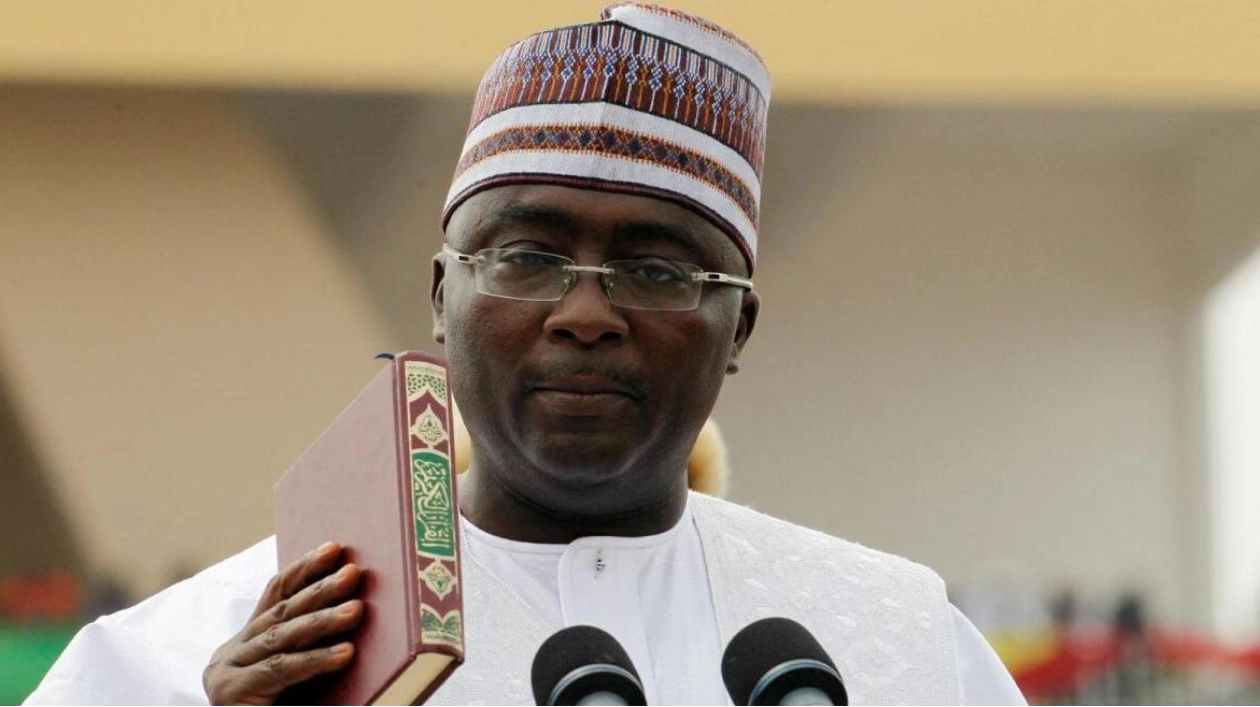
Text: Lara Palmer
11.08.2024
New refinery aims to retain gold's economic value domestically and support local employment
